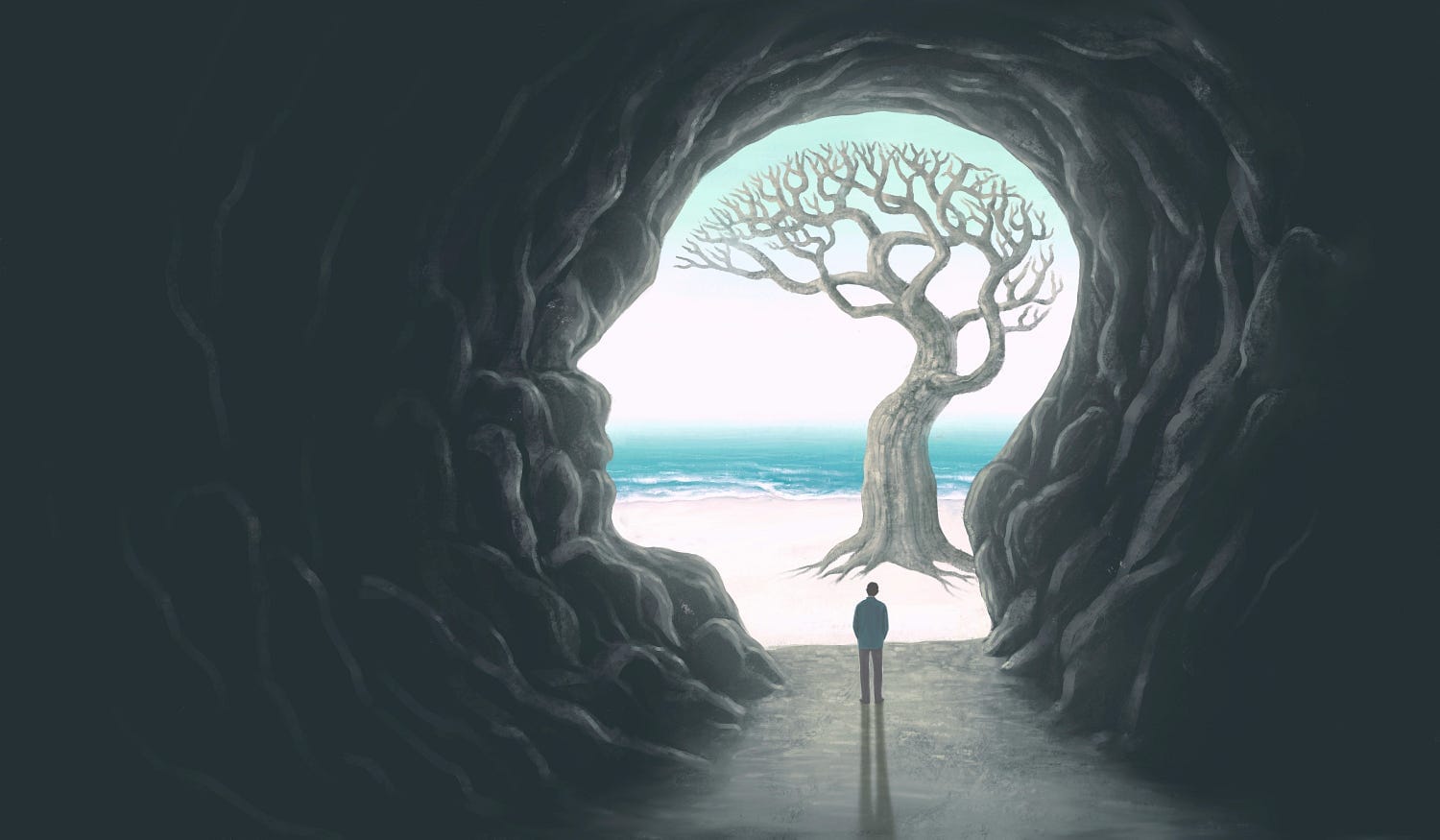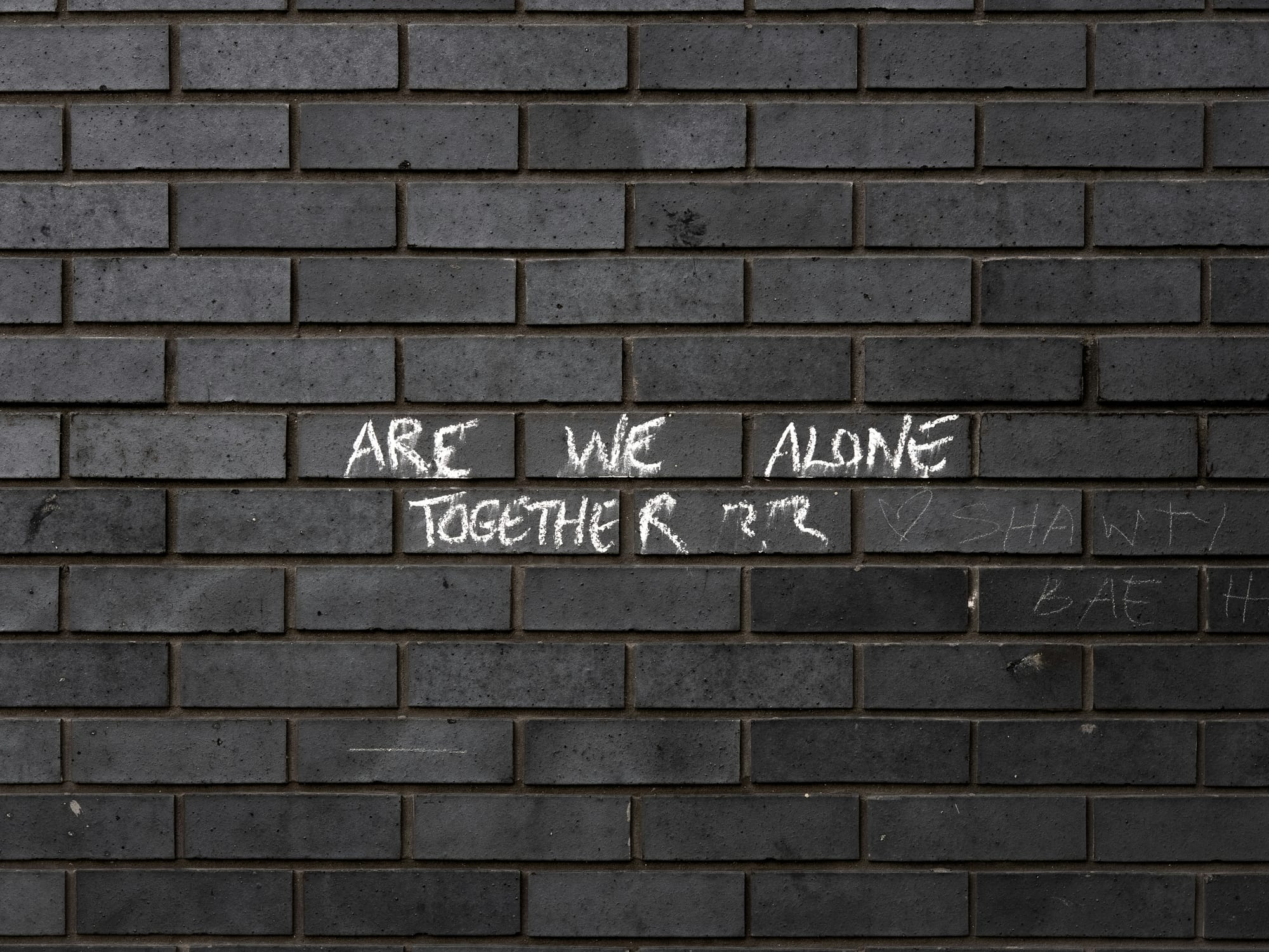
There is so much fear in the world that the TV and Movie Industries capitalize on when creating comedy, and horror films. We suspend our disbelief and grant that monsters like zombies, witches and vampires may exist in the world and they could be like the film portrays them, horrible and terrifying! We become used to just accepting the terrors as they are presented until we return to the real world, when Freddy Krueger, and Jason Voorhees are dismissed and fade away from our awareness.
Unfortunately, not all horrors are based on fiction, and the reality is often nothing to fear. Still, it is all too easy for us to believe in the horror and terror because they are often strange to us and we have never personally encountered them. Even worse, our minds create scenarios that explain their existence as terrifying to appeal to our rational side. But these scenarios are imagined and may have little or no basis in reality.
So what do you imagine it is like to grow up transgender? Do you start with an image like Buffalo Bill in “Silence of the Lambs” or police lieutenant Einhorn in “Ace Ventura” and then wonder what must have happened to make a person like that? Do you then take that imagined construct and then look for similarities to actual transgender people? Do you recognize how mistaken and misleading such a thought experiment could be? How harmful acting on such ideas could be?

Just pause a moment and reflect on two simple and true statements:
Not everything unfamiliar to you is scary or bad.
Good intentions can result in actual harm.
Take, for example, historical assumptions of racism. Over centuries, the false notion that “white” people were inherently smarter, more capable, and more human than nonwhite people became accepted by many. This categorization of people became a justification for European colonization and subsequent enslavement of people from Africa. The basis of this are the notions that “we know better” and that “this is for their own good.”
Perhaps you don’t believe in racism? Well, how about misogyny and the patriarchy? Religious discrimination? If these examples still don’t resonate, think about instances of bullying that you witnessed or experienced growing up. How did the perpetrators of racism, misogyny, or bullying justify their actions? Do you think they embraced the idea that they were hurting others for no good reason?
But if those “good reasons” are based on false assumptions or biases, maybe those actions are in fact not justified? Perhaps you are actually hurting others for no good reason?
Recognizing that your own biases and assumptions could be harming others is not learning to hate yourself. It is an act of self-love, compassion, and growth. You cannot become better without change, and, unless you are perfect, you should try to become better. WWJD?
So with all of this in mind, I want to share a little bit of my story.
I was a transgender child and didn’t know it. This isn’t to say I didn’t know how I felt or what I desired, I just didn’t have a name for it, know any examples of others like me, or see a path to becoming happy as myself. My life, instead, became a constant struggle to deny or excuse parts of myself to become what others thought I was and should be.
I was a transgender child and didn’t know it.
I was an extremely fortunate child and youth in the ’60s–’80s as I grew up. My parents were both extremely liberal and accepting. They walked their talk and they talked a walk of acceptance and open-mindedness. They had many friends from all walks of life, religions, and even sexual orientations. Even so, they were also very conservative and strict where their own children were concerned. In order to protect us for our own good they were very strict with our upbringing and our permitted behaviors. I integrated many lessons from my mother, such as:
- Other people may break rules, but we always are caught!
- Nonconformance is punished. Interracial marriages aren’t wrong, but they invite trouble for the children. In other words, if you care about your children’s futures, don’t!
- Don’t act so feminine. Limp wrists and dancing like that is not OK. Nor is gushing over your pets or stuffed animals like they are your babies!
- Dress up is not OK. Play sports instead!
I didn’t have a chance, because the world also echoed their advice. Teachers pushed me away from playing with girls towards playing with boys. The other boys disparaged and mocked any behavior that wasn’t sufficiently manly. The list goes on.

Maybe there were other nonconformists like me in the herd, but we quickly learned to hide and not give ourselves away. It was a lonely childhood, and by the time I reached college and then adulthood I was a bookworm and introvert. My social skills were horrible, and even today they’re not much better. I still have a talent for saying the wrong or most awkward things, all the time! I try to hide it by wrapping it up with awful humor; that way nothing I say will be taken too seriously. Of course, constant bad jokes are not a winning combination either!
Still, I was fortunate. Surviving some teenage suicide attempts while suffering almost terminal loneliness, I still managed to meet the woman of my dreams! Love and family were enough for me to continue in hiding, at least until I was nearly 60!
It may be hard for others to believe that I didn’t know I was transgender, but it was true. I never resonated with the few examples of transgender people I encountered, mostly through film or magazines. Those examples were all extreme and intended to either titillate or inspire revulsion! I just knew that I constantly was obsessed with the idea of becoming a woman, magically with no real explanation. While there may have been sexual curiosity involved, I mostly spent time dreaming about how I would live. I dreamed of my existence as a woman as a series of everyday events including working, socializing, shopping, and finding acceptance.
Eventually, I realized the magic would never happen, and that if I didn’t try to live as my true self I would regret it up to my dying day.
I found a therapist, hoping to discover I wasn’t sick, sinful, and beyond hope, and I discovered that I could experience joy and wholeness as a transgender woman. My only regret is that I didn’t discover this sooner and spent so much time in hiding not living to the fullest. I wish affirming care existed when I was a child.
More concerning is that I know in my very soul, many others were not so fortunate as I. Some, in despair, succeeded in suicide. Others, with amazing determination and strength, lived as themselves but found themselves in the streets as victims of violence and sex trafficking. Others somehow lived their entire lives in denial, never to experience the joy of being themselves and abandoning shame and guilt for something that is no crime, something that harms no one!
Affirming care is not surgery or puberty blockers. Affirming care is love, support, and acceptance as you discover who you are. As you explore what is right for you without pressure from others forcing you to be someone you are not.
You don’t need to have gender dysphoria to understand the awfulness of pressures to conform and disappear. From your own life experience, you already know the pressure to bury yourself as you struggle to don a chameleon costume that matches what others tell you that you are. Only the very few are blessed enough to be exactly who the world urges them to be. Everyone else knows the pain of which I speak.

The only difference is that, when someone is so different as being transgender, the world continues to reject us. We live and thrive despite the pressures to desist, and that is how I know, how we know, that we are real and that God made us to be who we are.
Please do not take affirming care away from our children of today and of the future. Affirming care is the opposite of grooming. Affirming care is permission to discover yourself. Everyone deserves affirming care.
The views and opinions expressed are those of the authors and do not necessarily reflect the offical policy or position of The Purplepaw Clan, LLC. Please view the Disclaimer page for further information.


